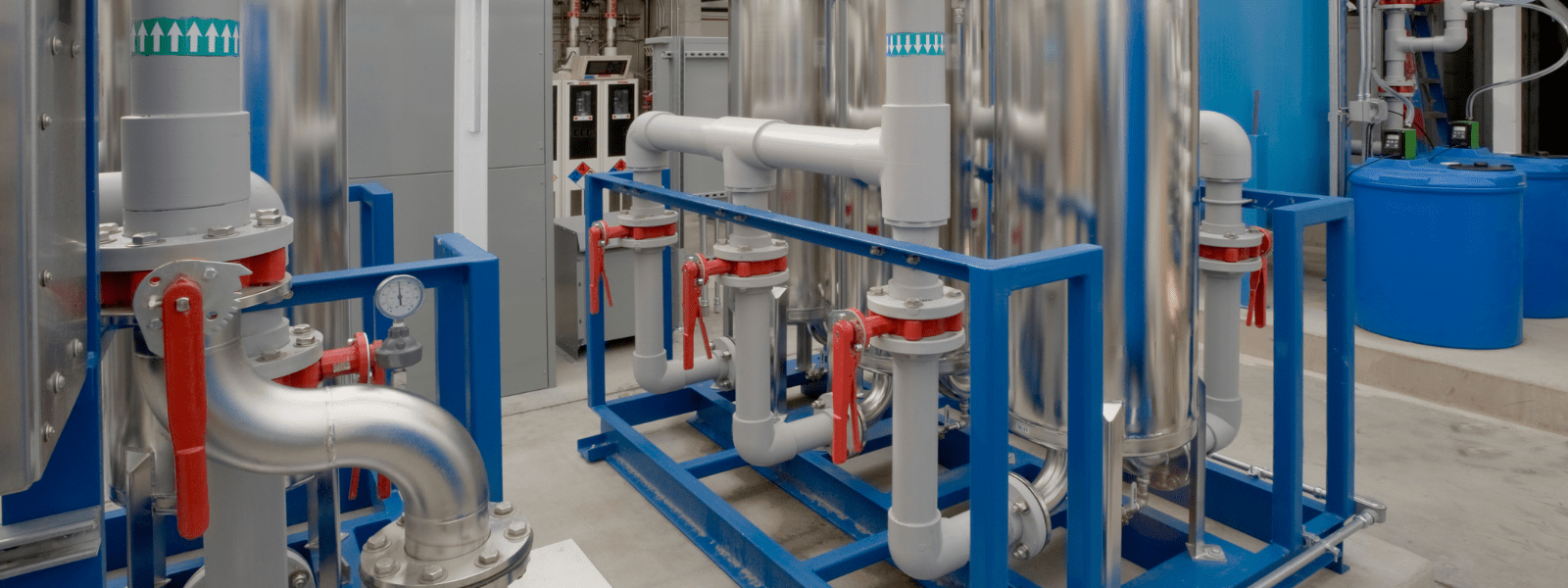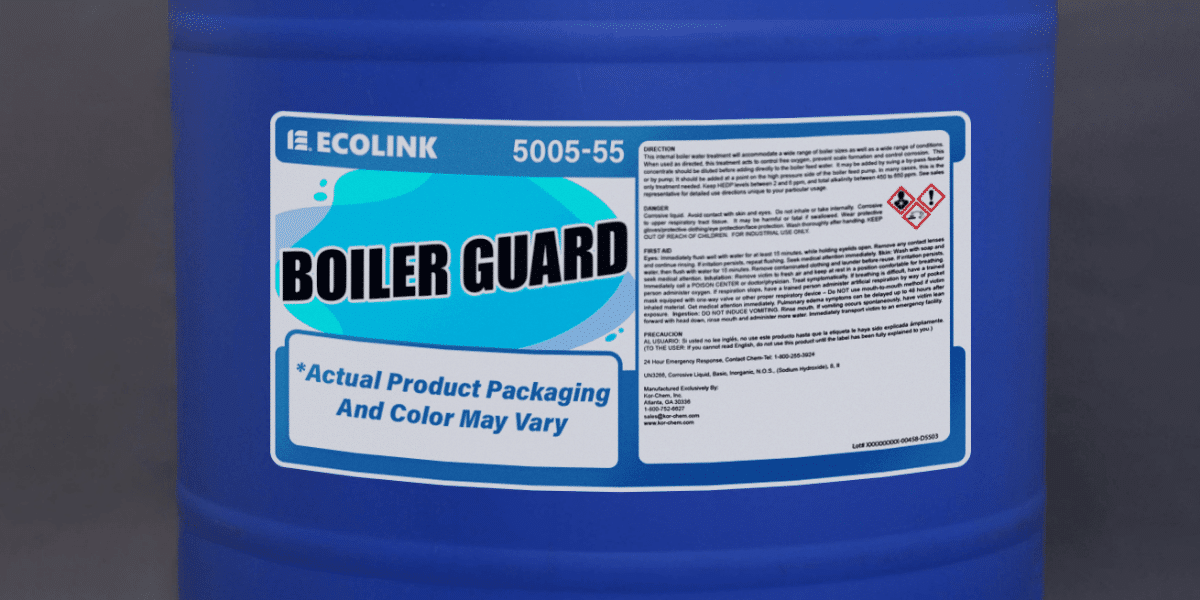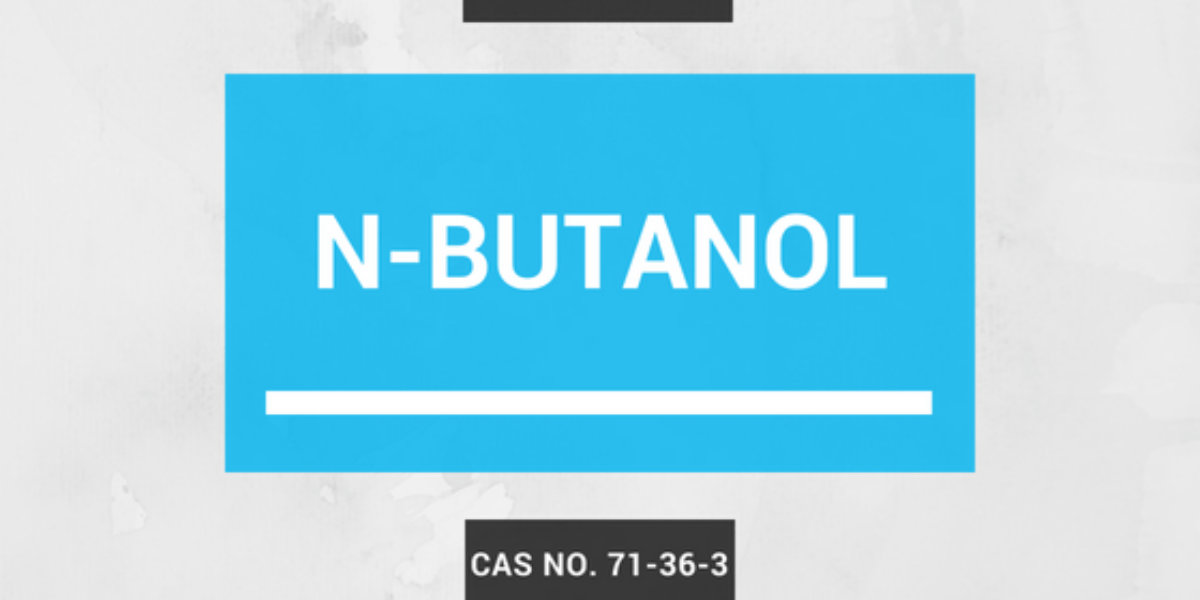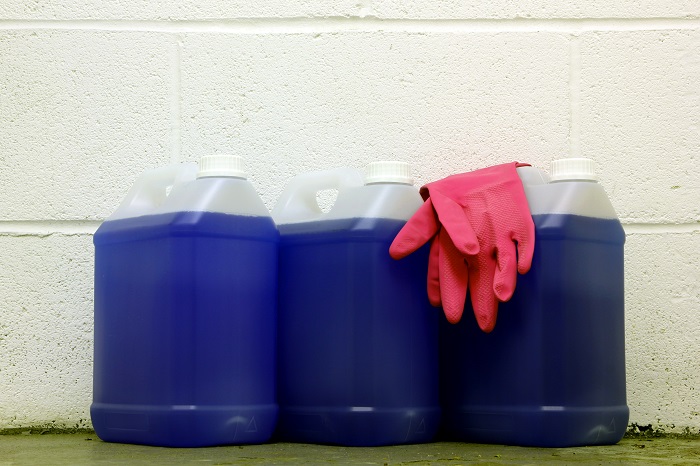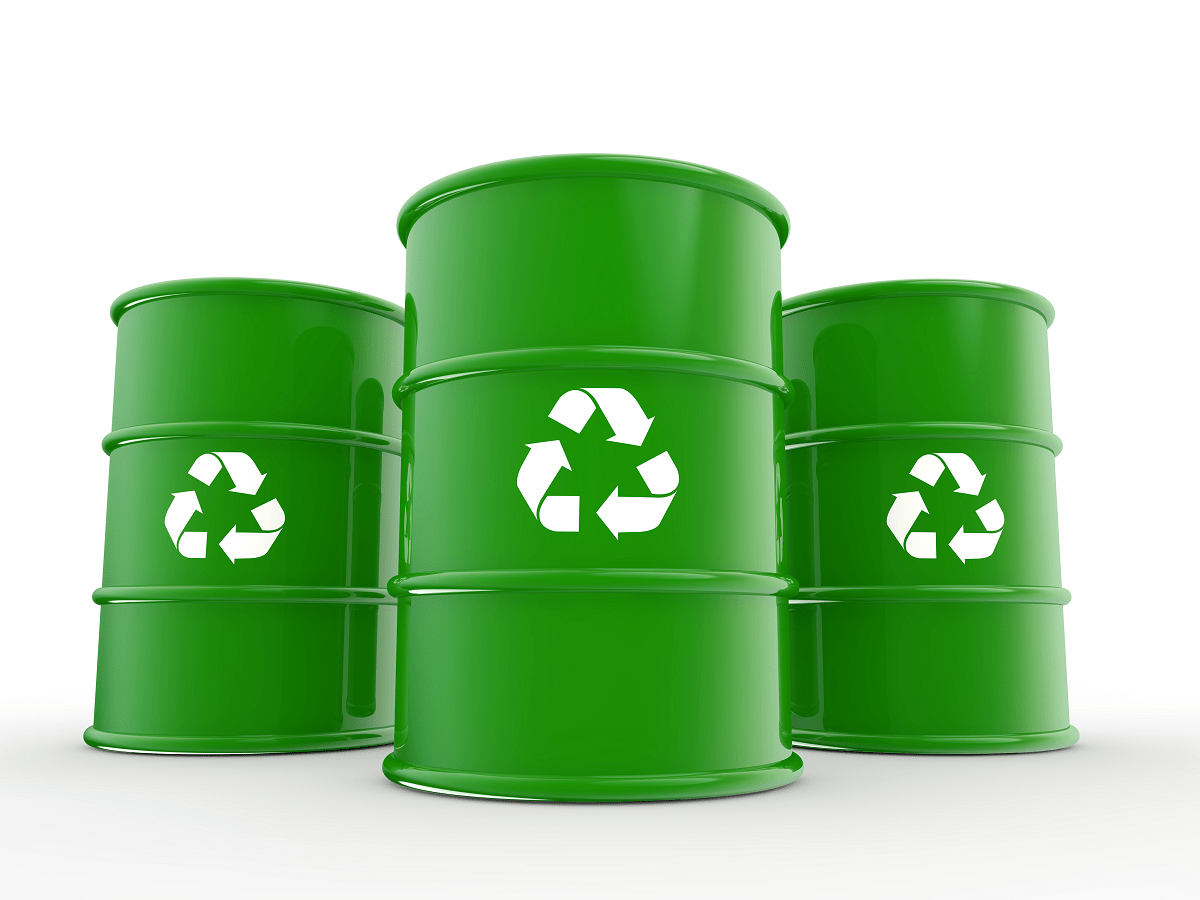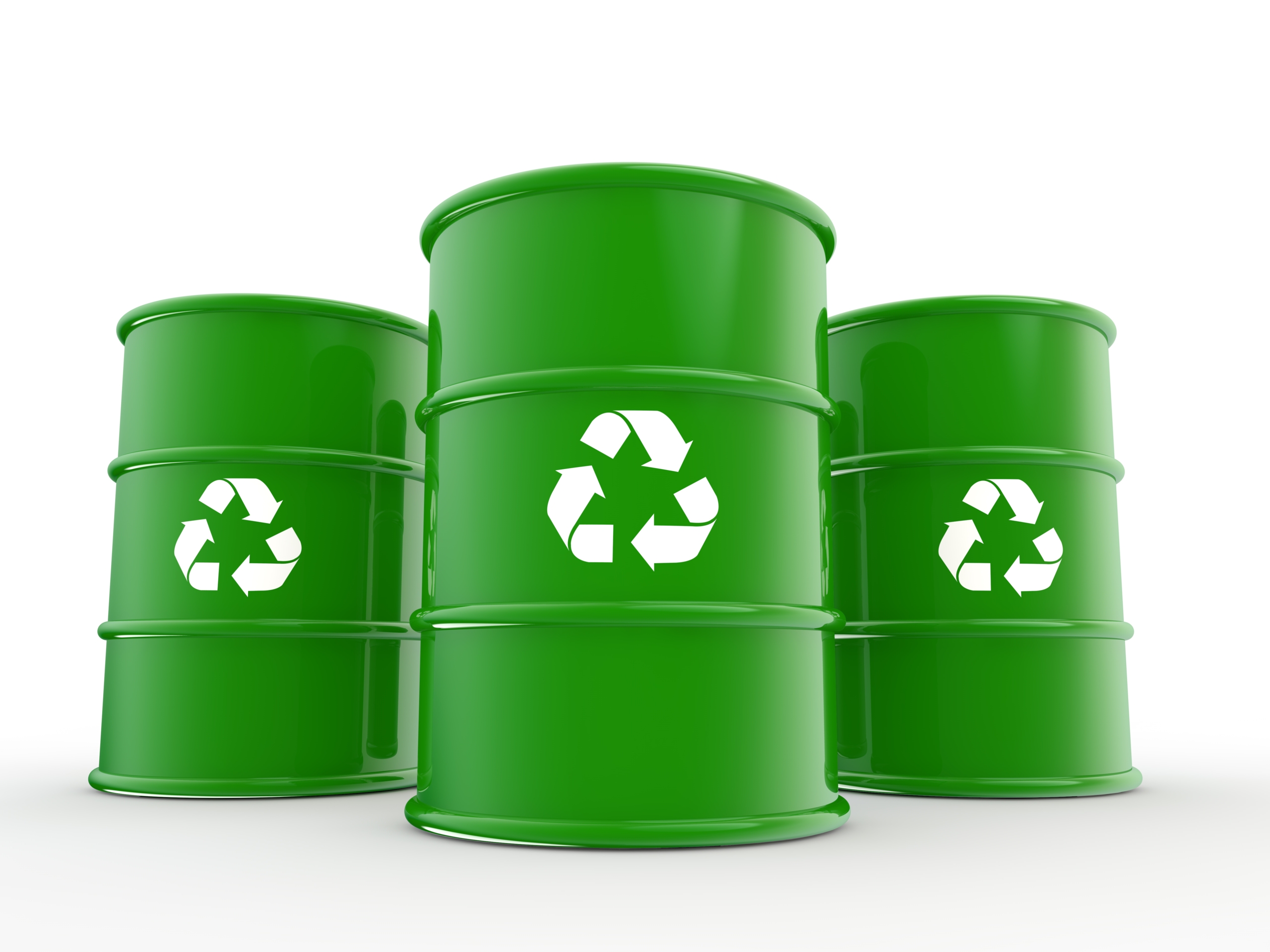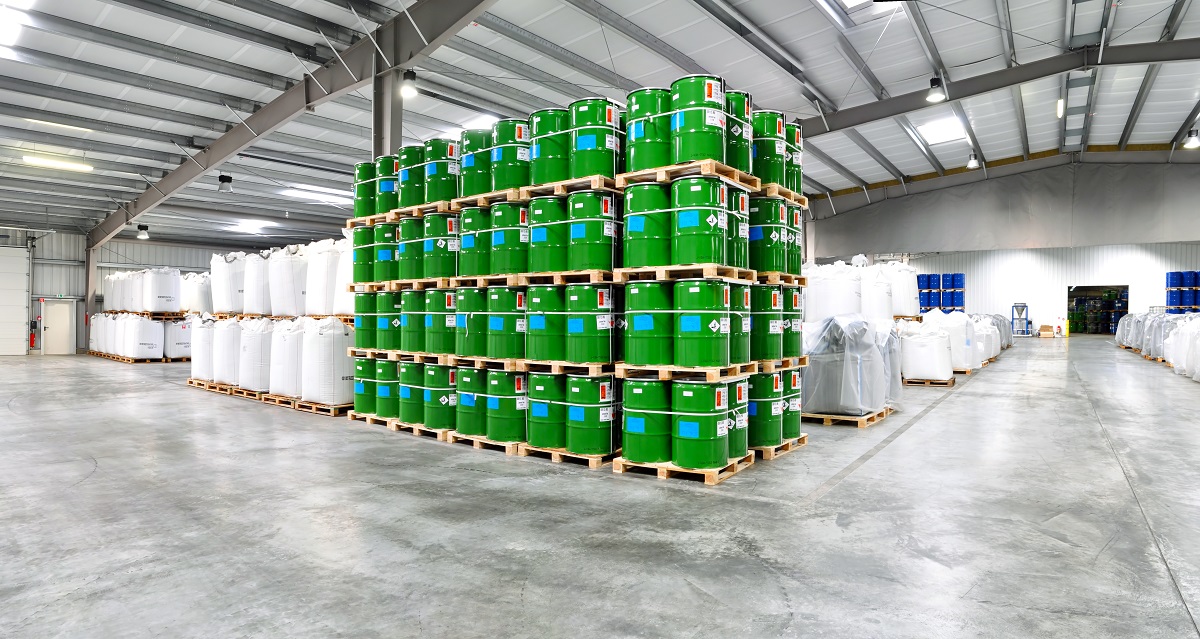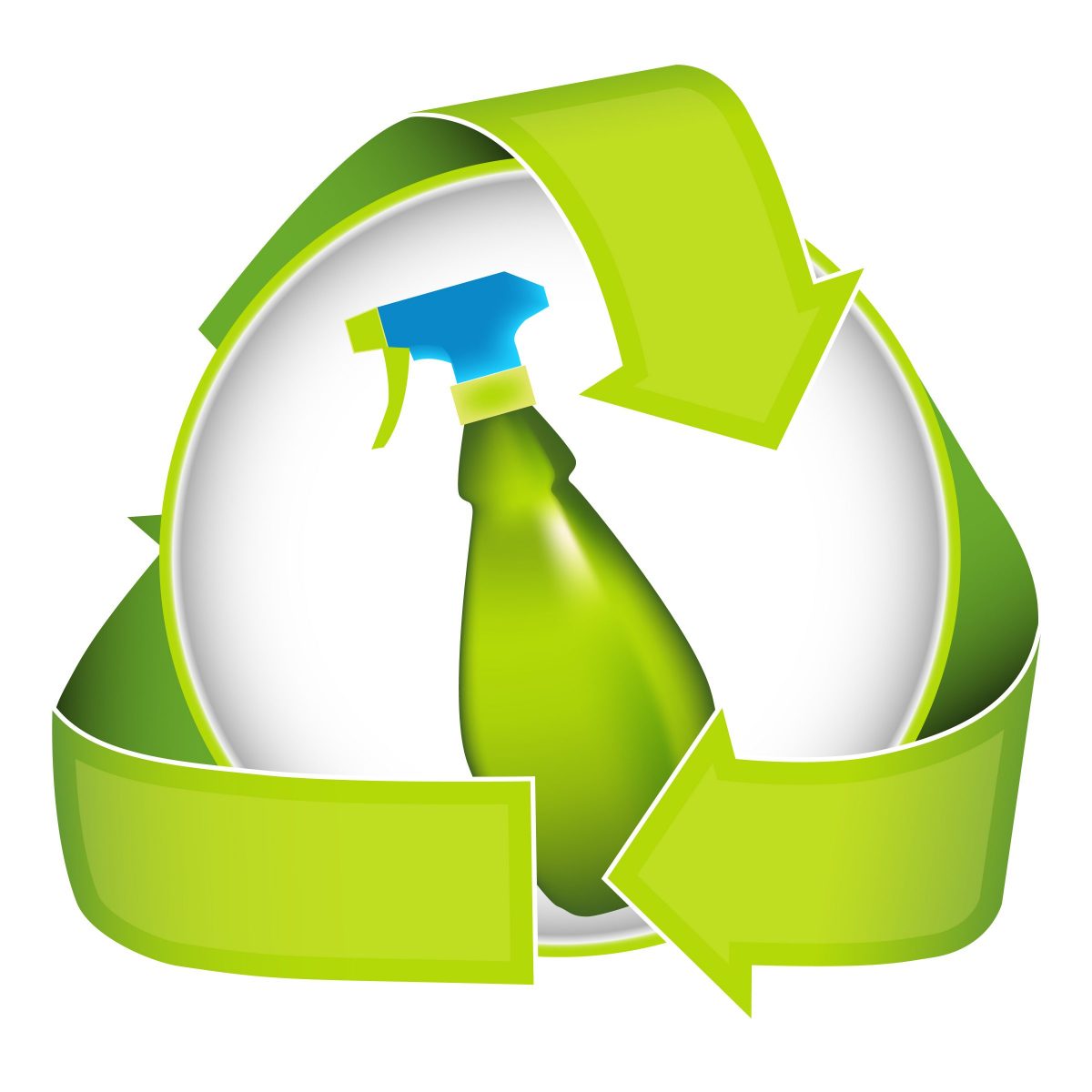Cooling water systems are often dependent on large quantities of water, often obtained from natural sources. This means that all sorts of...
Blog


CHEMICAL INDUSTRY NEWS
Chemical Chat – Discover What’s New!
Oxygen Scavenger for Boiler
Looking for high quality bulk oxygen scavenger for boiler use? Boiler Guard is a high quality water treatment chemical designed to prevent...
Getting to Know Sydney Manns
Getting to Know Sydney Manns Sydney Manns is a student at the University of Central Florida, studying English – Technical Communication with minors...
What Is a Humectant
What is a humectant? Merriam-Webster Dictionary defines the term Humectant as “: a substance that promotes retention...
Oxygen Scavenger for Boiler
Looking for high quality bulk oxygen scavenger for boiler use? Boiler Guard is a high quality water treatment...
Company News
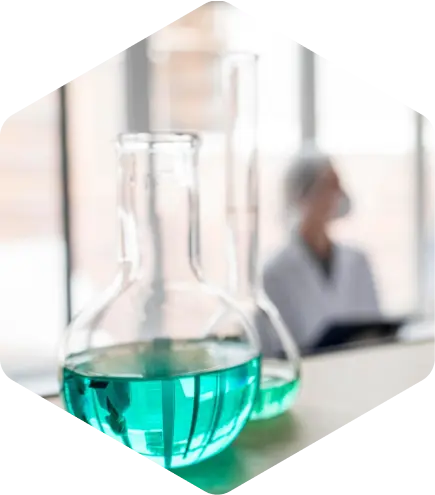
Managed Services
Discover the Latest in Safe and Sustainable Chemical Solutions
Stay informed with Ecolink’s blog! Subscribe now
Chemical Management Information
Stay updated with us
Sign Up for the Latest Updates
Stay informed about chemical supply chain disruptions and emerging innovations to keep your business at the forefront of efficiency and innovation. Uncover new ways to make your business practices more sustainable by incorporating safer products into your cleaning lineup.



